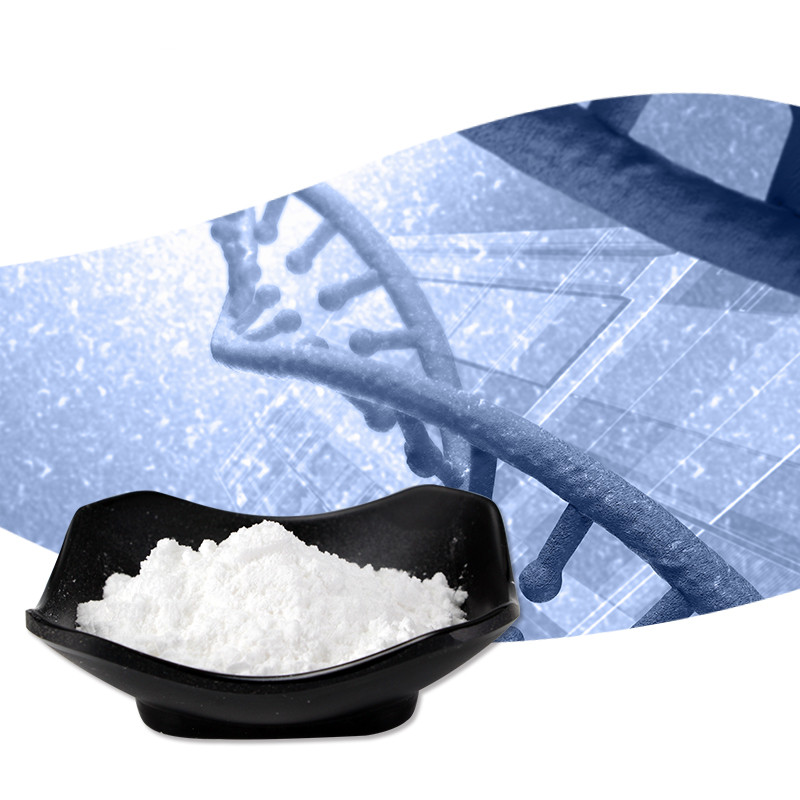How does Zuckerberg's bio-based facebook change the world?
Stanford University's Stephen Quaker's lab is like the biological version of Thomas Edison's famous work in New Jersey. The shadows left by the curtains are projected onto the strange, humming instruments on the corridor. You have half the chance to find Professor Kirk, who owns 135 patents, but it is unlikely to run into Edison, who is wearing a faded polo shirt and sleeping on one of the benches.
In September, Professor Quaker was appointed co-president of BioHub. BioHub is the founder of Facebook, Mark Zuckerberg, to fund a $600 million new research center. BioHub's mission is to help build a large catalog of human cells called a "cell map." Professor Quaker, the BioHub Research Center and some researchers around the world have said that completing the map analysis of millions of somatic cells in the human body will be a feat because it can help scientists and drug development companies find new ways to treat diseases.
According to the textbook, there are 300 different types of cells in the human body, including blood cells that can transmit oxygen in the blood, neurons that exist in the brain for a long time, and cells with photosensitivity that work like digital cameras in the eyes. But Professor Quaker said that the actual number is likely to be much larger than the known 300, about 10,000. But under ordinary microscopes, these cell types are indistinguishable.

What scientists want to do now is to detect the molecular characteristics of millions of human cells and the location of each different type of cell in the human body. This type of mapping will be useful to scientists and pharmaceutical companies, for example, to detect that the new drug may affect those cells. In addition, by detecting adaptive changes in the immune system against tumors, it may become the next generation of cancer treatment.
The mapping scheme was implemented mainly thanks to the invention of Quaker et al., which allows individual cells to pass through the channels of the microfluidic chip. In this technique, scientists can capture cells in oil or water and divide them into individual cells for individual analysis by genetic sequencing.
Evan Macosko, a molecular biologist at Harvard University, said: "I don't know if this is the hottest area in the biosphere, and if not, it's one of the closest areas. Everyone even includes Their grandmother wants to do this."
One existing method for large-scale data production is to detect which individual cells are trying to make a protein. The results obtained can be used as molecular fingerprints of cells, which have helped us to discover new cell types in the retina and brain. The method invented by Mark Cowes reduced the cost of sequencing a cell to 17 cents.
Relying on this technology, the deputy director of the University of Cambridge's Brod Institute proposed a draft that would test the molecular fingerprints of 50 million cells within five years by giving donors a $100 million grant.
Professor Quaker said that BioHub will also fund researchers at Stanford University, the University of California at Berkeley and the University of California at Los Angeles to further study methods that allow scientists to directly analyze cellular molecular components in tissue samples.
In this way, not only can a cell type survey be obtained, but also a real map of 20 trillion cells combined in humans can be drawn. For example, there is now a new chemical technique that allows dead mice to be completely transparent so that cell observation can be performed under a microscope. In addition, a chemical found in the diaper can magnify the tissue to make it easier to see.
Vitamins are a type of trace organic substances that humans and animals must obtain from food in order to maintain normal physiological functions. They play an important role in human growth, metabolism and development. Vitamins do not participate in the formation of human cells in the body, nor do they provide energy for the human body. Vitamins are a class of organic compounds necessary for maintaining good health.
Our company provides group A vitamins, group B vitamins, B12, etc.

Vitamin Tablet,Food Grade Vitamin,Vitamins For Energy,Water Soluble Vitamins
XI AN RHINE BIOLOGICAL TECHNOLOGY CO.,LTD , https://www.rhinebioteches.com